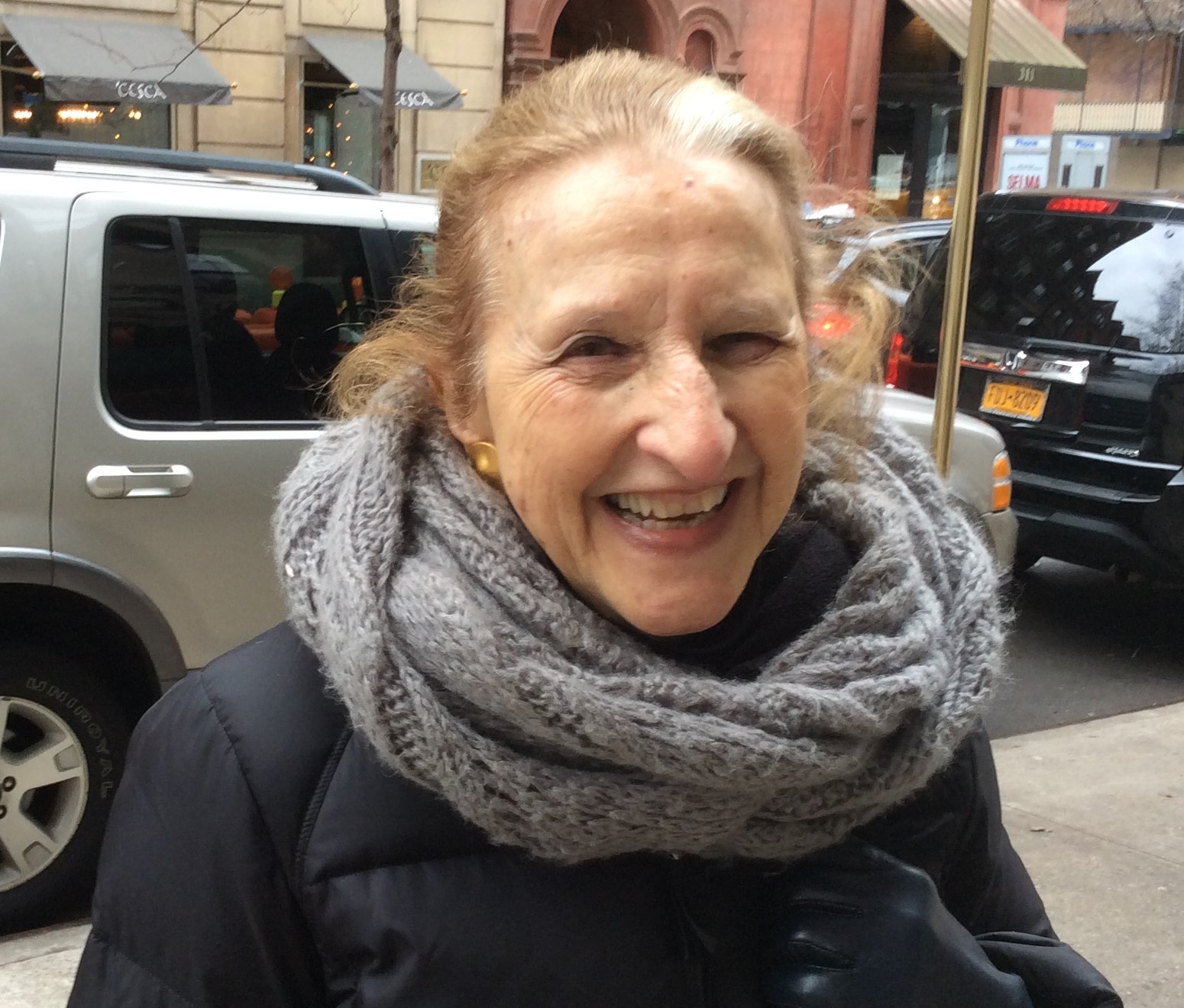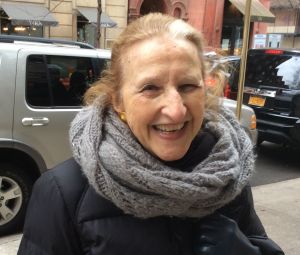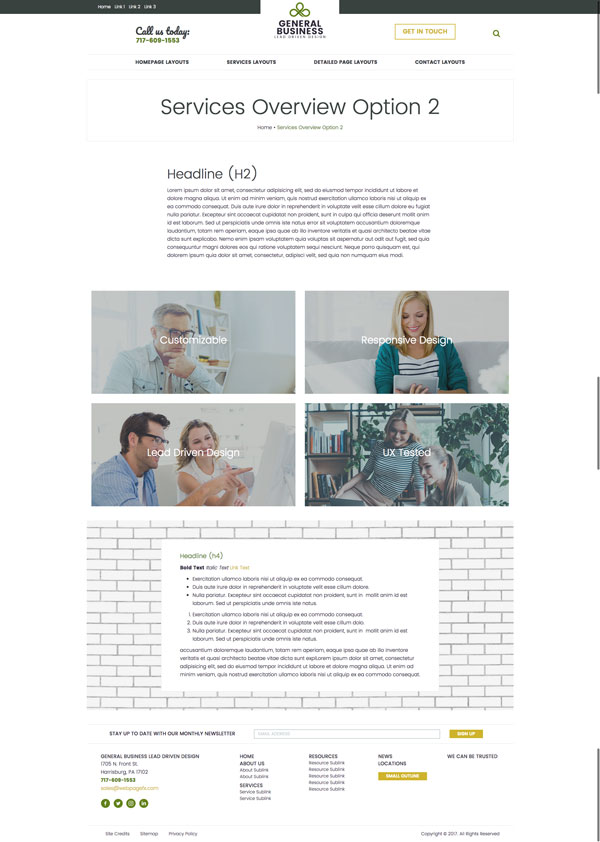
 Larissa Bonfante, archaeologist, longtime New York University classicist, and noted Etruscologist who threw new light on the stubbornly mysterious language of the Etruscans, died on August 23 in New York. Her family said the cause was lung cancer. She was 88.
Larissa Bonfante, archaeologist, longtime New York University classicist, and noted Etruscologist who threw new light on the stubbornly mysterious language of the Etruscans, died on August 23 in New York. Her family said the cause was lung cancer. She was 88.
The preeminent American scholar in the field of Etruscan studies, Bonfante’s many publications reflect the wide scope of her expertise, with topics ranging from the history of costume to the barbarian civilizations of pagan Europe. Colleagues were quick to recognize her as responsible for creating a scholarly community of Etruscan scholars in the United States and as a leading influence on a new generation of American scholars who gave the field a new vigor and prominence in the past 30 years.
Some of Bonfante’s own publications on the Etruscans broke new ground about that artistically evolved pre-Roman civilization of central Italy. The Etruscan Language, co-authored with her father, Giuliano Bonfante, a noted professor of linguistics at Princeton, broke some of the code of what had long been regarded as an undecipherable language. Bonfante also teased out the significance of archaeological discoveries such as the Piacenza Liver, a bronze template for soothsaying, which, she pointed out, provided a systematic nomenclature of Etruscan deities, and the Cerveteri Gold Medals, which duplicated citations in both Etruscan and Phoenician, serving as a kind of Rosetta Stone for some of the Etruscan alphabet.
Bonfante was the recipient of a Great Teacher award at NYU, and the Archaeological Institute of America”s Gold Medal for Distinguished Achievement. She was elected to the American Philosophical Society in 2009.
Born in Naples of Italian parents, she grew up in Princeton N.J., attended Radcliffe College and earned her B.A. from Barnard College; her M.A. from the University of Cincinnati; and her Ph.D. from Columbia University. She is survived by a daughter, Alexandra Bonfante-Warren; a son Sebastian Bonfante Raditsa; and a brother, Jordan Bonfante. A memorial will take place in the late Fall. In lieu of flowers donations can be made to the Calvary Hospital in New York.












